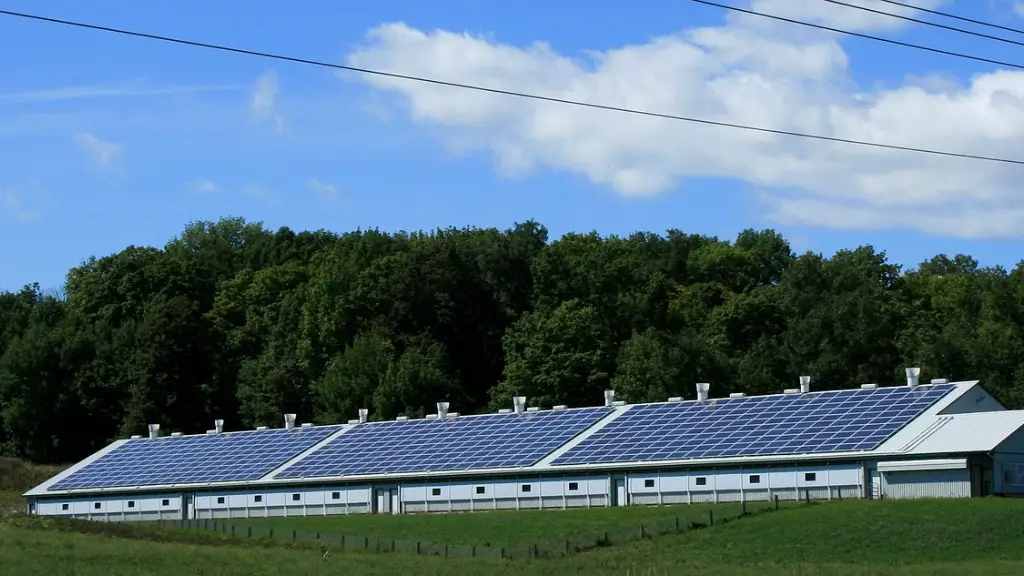The tourism industry has been rapidly growing over the recent years, with the implementation of safety protocols, programs and infrastructures to facilitate people’s access to leisure activities and travelling. Nonetheless, the possibility of global warming is a worrying issue that can have both positive and negative implications to the sector. By understanding the effects of climate change and the potential opportunities and threats to the industry, informed decisions may be taken to mitigate the risks and make the most out of the available opportunities.
First, it is important to comprehend what global warming is and how it may influence the tourism industry. According to the IPCC, global warming describes the “increase in average global temperatures due to human activities, causing changes in the climate”. This is associated with increased temperatures in certain locations amongst other changes, with the consequent effects on people and cultures. Another factor to consider is climate change, which involves long-term changes over many years and is considered to be also due to human activities, although some variations may still happen even without them. Considering these two terms, the tourism industry can be either benefited or harmed by them.
On the one hand, mild and predictable weathers may be an attractive difference for the tourism industry, a fact exemplified by reported growths in colder regions due to climate change. Changes that become comparatively milder can heavily attract arrivals and boost the related activities, levels and offerings, such as eco-friendly tourism, nature-based tourism, as well as improved transport infrastructures and other accommodations. Yet, some initial feasible investments may be a requirement, especially in order to match the predicted changes through suitable pieces of technology and safety protocols. This way, the industry may be able to benefit from the most attractive areas that become available due to global warming and climate change.
On the other hand, unpredictable and extreme weather patterns may heavily damage the tourism industry. As temperatures rise in certain locations, the associated risks can heavily affect workers, tourists and other stakeholders, from rainfalls and floods to droughts and fires, to landslides and coastal flooding. Additionally, the higher costs associated with energy and water can also discourage tourists from travelling, as these investments are critical for leisure activities. Yet, such costs can be balanced through promotional campaigns that provide sustainable options, such as electric car rentals and eco-friendly accommodations.
Therefore, global warming carries both notable rewards and threats to the tourism industry. In order to make the most of the available opportunities, while avoiding potential damage to stakeholders and the industry, it is important to carefully evaluate the impacts of climate change, from the local to the global levels. The involvement of governments, companies and the community is also essential to mitigate the risks and develop effective strategies for the safety of both individuals and businesses.

